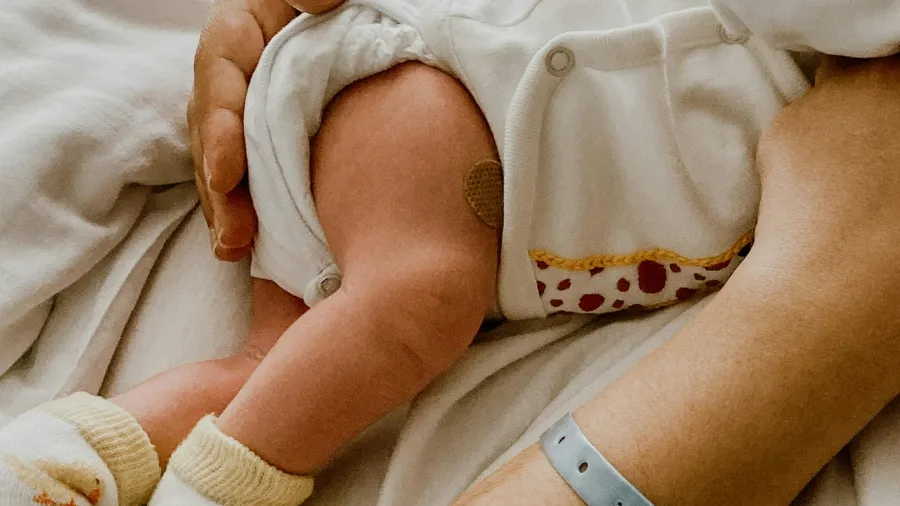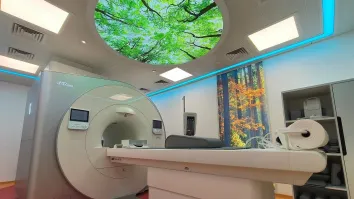
Global pediatric medical device market to reach $70.3b by 2033
Cardiology is projected to dominate with a 24.1% market share.
The global pediatric medical device market is projected to grow to $70.3b by 2033, with a compound annual growth rate (CAGR) of 8.1%, according to Dimension Market Research.
This market consists of cardiology devices, diagnostic imaging devices, respiratory care devices, neonatal ICU devices for children with chronic diseases.
Cardiology is projected to dominate the market, with a 24.1% market share in 2024 amounting to $11.6b.
Moreover, hospitals are expected to lead the end-user segment in the market, holding 36% of the market share this year.
On a global scale, the United States leads the roster growing to $22.4b by 2033 at a CAGR of 7.6%. This is caused by the integration of artificial intelligence in overseeing pediatric conditions.
Currently, opportunities for growth are available in Asia-Pacific, Latin America, and Middle Eastern emerging markets. The report attributes this to the rise in per capita income and investments on healthcare and healthcare infrastructure.
Furthermore, the market holds intense competition from global giants, such as Medtronic, Philips Healthcare, GE Healthcare, and Johnson & Johnson, which coexist with start-up companies as they allocate large resources toward the development of pediatric products.
The key limitations affecting the sector include high costs related to investment in research, clinical trials, and meeting of regulatory requirements.
Additionally, it is difficult to design devices which are physiologically fit for children. Aspects including racial characteristics, age, gender, and weight complicate the design process and slow down innovation.



















 Advertise
Advertise







